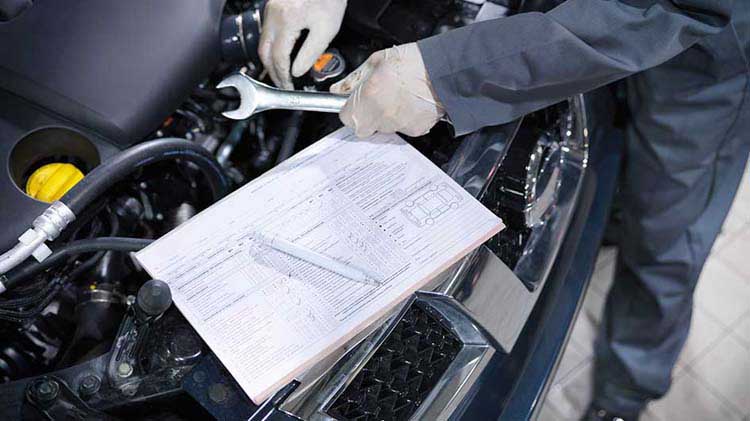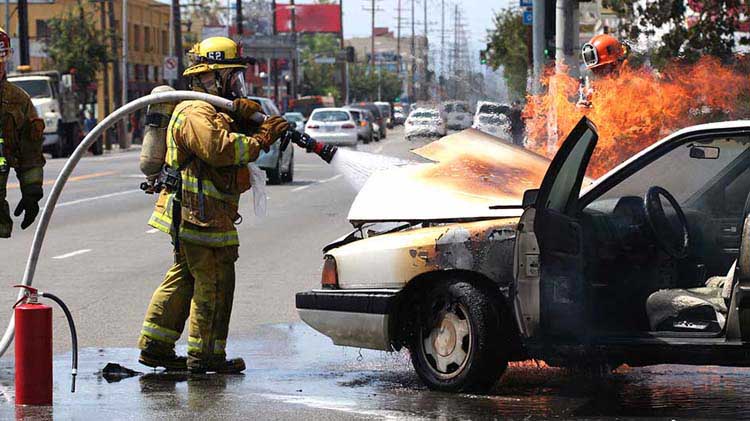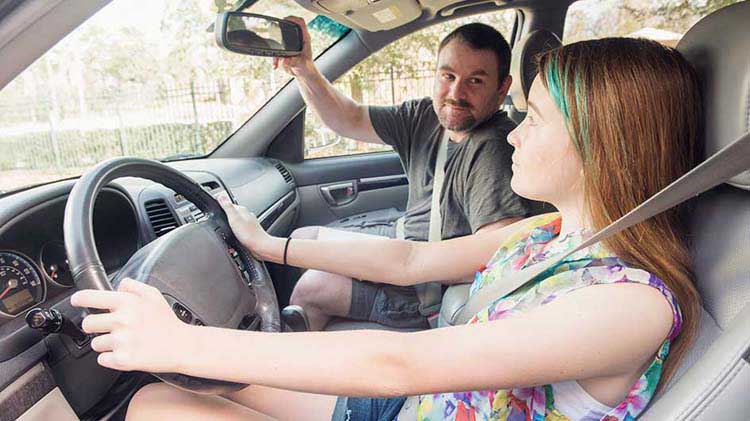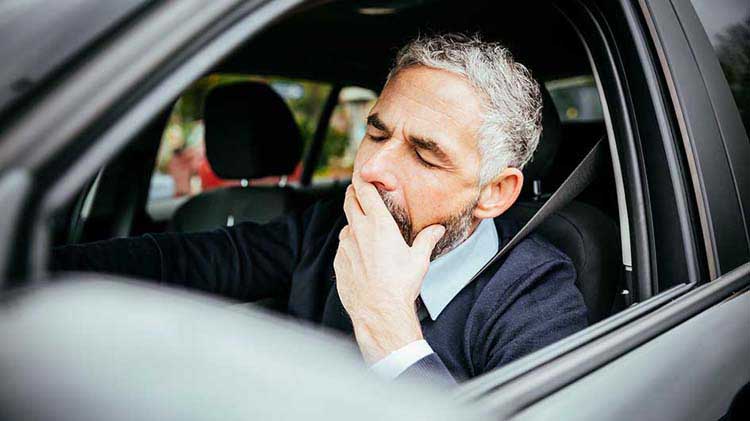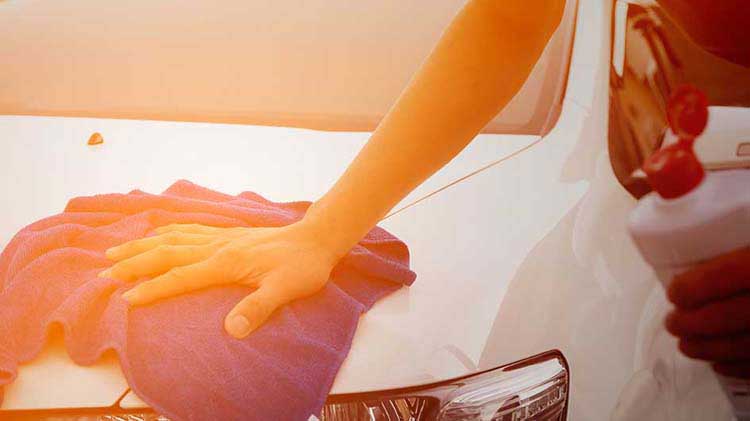What to do if your car is recalled
Consider the following information on how to handle vehicle safety recalls.
Every year people hear about automotive recalls — everything from air bags to steering columns. Automotive recalls may occur when a vehicles equipment, performance or construction are deemed unsafe. If there is a safety risk, either the manufacturer or The National Highway Traffic Safety Administration (NHTSA) may issue a recall. According to NHTSA, in 2022, they issued 932 safety recalls which affected over 30 million vehicles or equipment.
How to find out if your vehicle has a recall
The easiest way to learn about a recall is to enter your vehicle's 17 character VIN number on the NHTSA page. Manufacturers must alert the NHTSA and affected drivers, dealers and distributors. You should receive a notification from the manufacturer that details the recall and provides instructions for having it repaired. If you are not the car's original owner, the manufacturer may not have a record of your ownership. So, you may not receive a recall letter. Use the NHTSA page to look up any unrepaired recalls your vehicle may have.
Top reasons for an automotive recall
According to Bankrate, the top five reasons for car recalls were:
- Equipment
- Electrical system
- Power train
- Steering
- Structure
What should I do if my car is recalled?
When you receive a recall letter, thoroughly read the notification to see if there's anything shared about whether it's safe to continue driving the vehicle before the recall is fixed. Then follow the instructions and schedule an appointment with your dealership or authorized mechanic to have the problem corrected. Often, you shouldn't be charged for repairs. The exception is recalled tires. You'll have only 60 days after receiving the letter to get a complimentary replacement.
I don't have time to deal with a recall. Do I have to?
Some people ignore recall notices, but a vehicle under a recall may be unsafe to drive. And, if you try to sell it, the unrepaired recall will show up in the vehicle's history. If you get a recall notice, contact your dealer as soon as possible to schedule a fix.
Are recalls free on used cars?
Safety issues are addressed on both new and used cars. Please be aware that there are limitations to no-charge repairs based on the vehicle's age.
Can I sell a car with an open recall?
By federal law, dealerships can't sell new vehicles that have an open recall, without having it fixed first. The same concept applies to rental companies. They can't rent a vehicle that has an open recall that hasn't been addressed. Nonetheless, there are no federal laws that prevent dealerships or private car sellers from selling used cars that have open recalls. Also, they're not required to disclose open recall information to potential buyers.
Will I get a loaner or rental car while mine is fixed?
Manufacturers may not provide alternative transportation and they're not required by law to do so. While you shouldn’t expect a loaner, it doesn’t hurt to ask your dealership, since they have a closer relationship with you and may be able to help. Thankfully, many recalls can be repaired within an hour or two and a loaner may not even be necessary.
What should I do if I think my car has a manufacturing problem?
Have problems fixed immediately, don't wait for a recall letter. You also can file safety concerns with the NHTSA, or call the Department of Transportation's Vehicle Safety Hotline at 888-327-4236888-327-4236. Hearing impaired (TTY) call 800-424-9393800-424-9393. Your report helps the NHTSA investigate safety issues and determine whether a recall is necessary.
